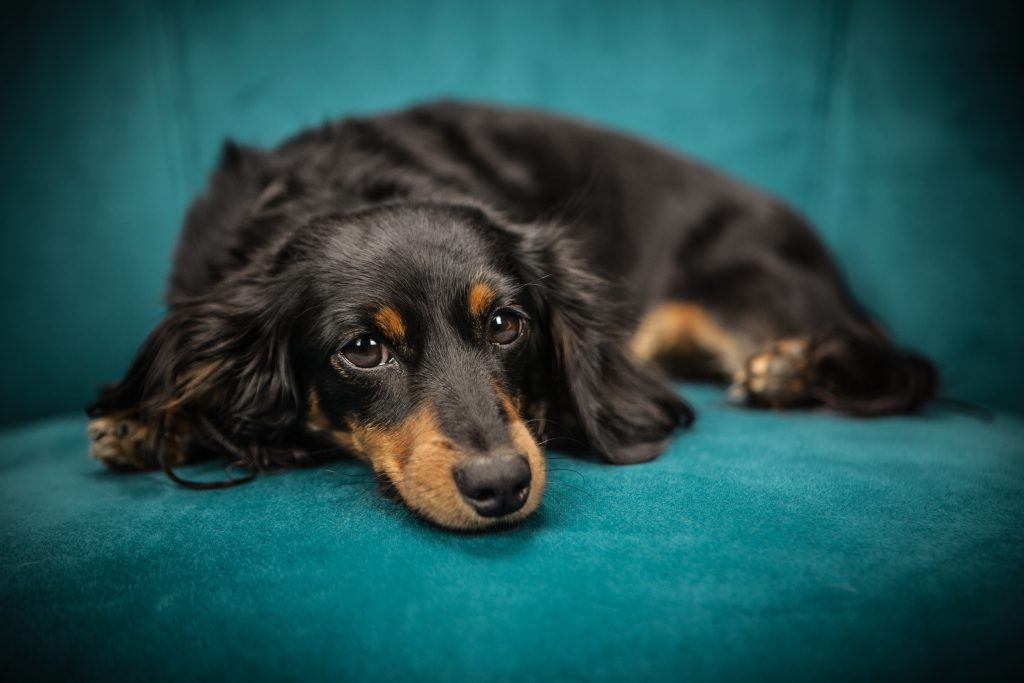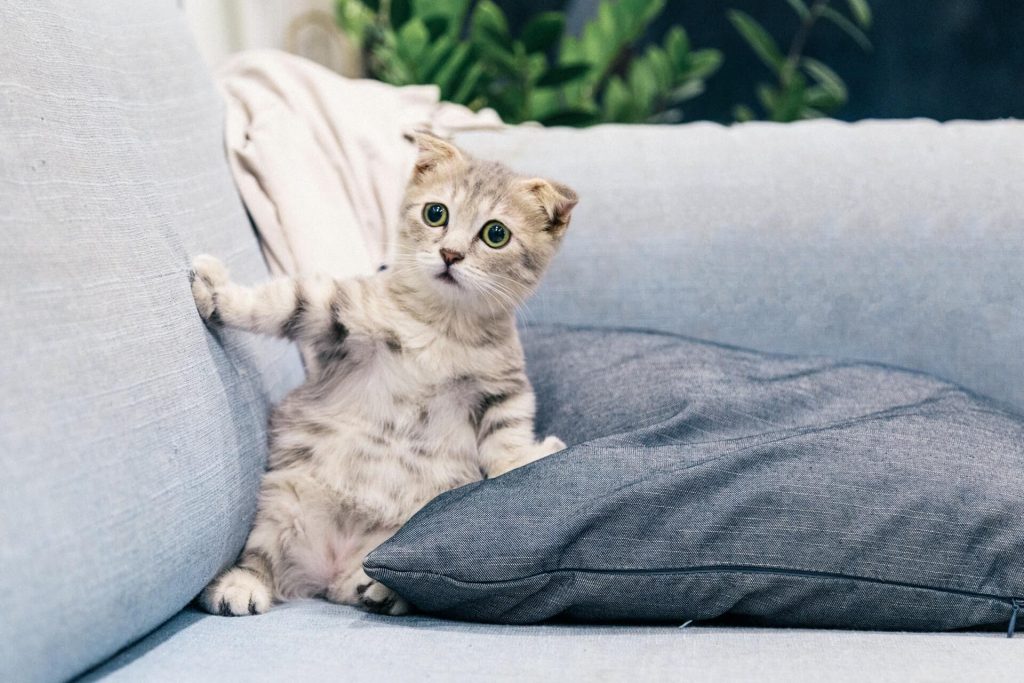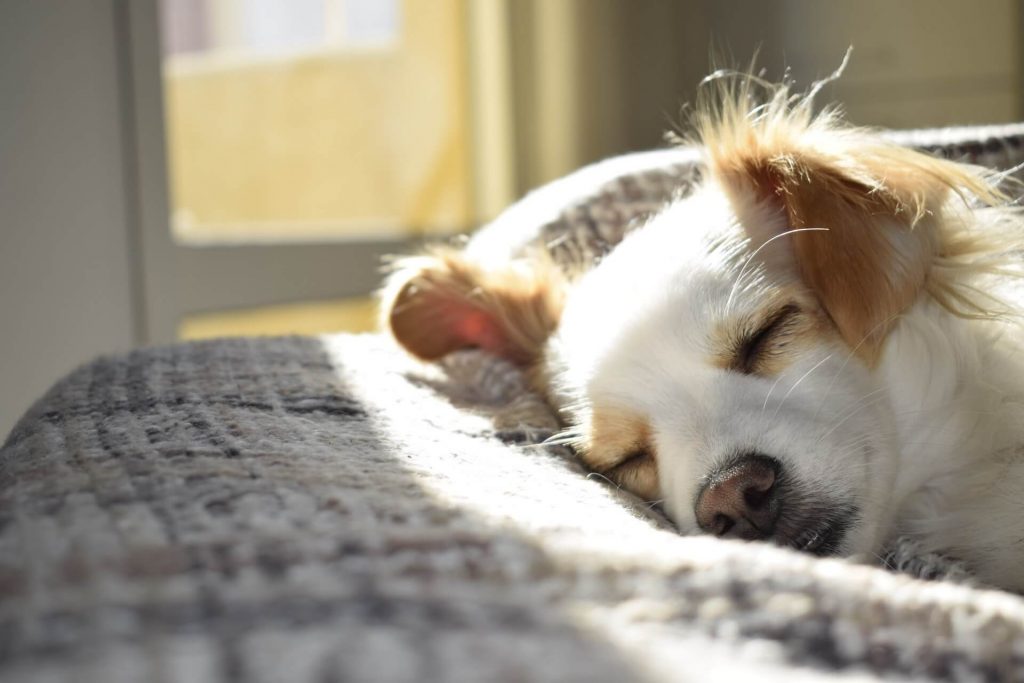Time to read: 8 mins
Key stats Life expectancy: 9 – 14 years
Height: 13 inches
Weight: 130 – 180 pounds
About Cavalier King Charles Spaniels
Cavalier King Charles Spaniels are easy-going, popular family companion dogs who love to be around people. They love people and a lap to sit on! They prefer not to be left alone too much and they need plenty of exercise and mental stimulation. They are great dogs to have as part of a family and around kids.
Cavies come in four different colours and they each have their own name. Prince Charles are tri-colored, King Charles are black and tan, Ruby are mahogany coloured and Blenheim are chestnut and white.
Breed history
They got their name from King Charles II as they were his favourite dog breed. It is rumoured he would not go anywhere with at least three of them behind him. These dogs have a very regal and influential history. Ronald Regan owned a Cavie when he was in the white house. When he left the Whitehouse his Cavie, Rex was given a doghouse shaped like the Whitehouse.
Cavalier King Charles Spaniels were bred with pugs and they became the King Charles Spaniels that we know today. The difference between the two can be confusing. Cavalier King Charles Spaniels have elongated faces with a muzzle whilst a King Charles Spaniel has the short snout of a pug. Each is seen as a different breed according to The Kennel Club.

What to consider when owning a Cavalier King Charles Spaniel
Temperament
Due to irresponsible breeding of commercial breeders and puppy farms sometimes this breed can have a negative effect on their temperament. That is one of the reasons why it is important to get your pet from a responsible breeder that treats the dog well while they are in the breeders care. If bred responsibly, they are very loving and affectionate. They require constant company and hate to be left alone. If you are thinking of adding a Cavalier King Charles Spaniel to your home, it is important to make sure there will be a member of your family at home to keep them company.
Exercise
Cavalier King Charles Spaniels require quite a bit of exercise, about 1 hour of exercise each day. Although they are lap dogs they were initially bred to flush out birds and fetch them. If it is possible and there is a secure place, some time off their lead will be very beneficial to them to explore. Puppy training and socialisation classes will be great to keep them social and well-mannered when around strangers. They are very sociable and love to interact with other dogs and people.
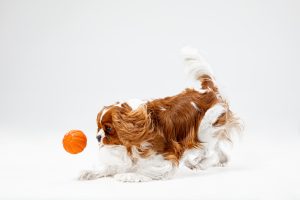
Nutrition
The cost of feeding your Cavalier King Charles Spaniels will depend on their size and how much exercise they get. A more active dog will eat more than one that prefers to sit on a lap all day. Like all other dog breed Cavalier King Charles Spaniels require a balance of proteins, fats, vitamins, minerals and fibre to maintain adequate nutrition. All of these sources come from good quality dog food. You do not have to give your dog the most expensive food, just one that is healthy and made from good quality ingredients.
Grooming
Their fur is soft , medium length and wavy. Due to the length and texture of their hair, their coats are inclined to matting. Weekly grooming and brushing will keep their coats soft and smooth and avoid mats which can be painful to remove.
Cost
Like all animals, Cavalier King Charles Spaniels will require a vet visit every now and then. Alongside vet bills should your dog become ill, it’s worth factoring in the cost of preventative care including:
- Microchipping
- Vaccinations
- Neutering/Spaying
- Flea treatments
- Collar
- Food, treats and bowls
- Toys
- Beds
- Pet insurance
A Cavalier King Charles Spaniel could cost anywhere up to £3,000 in the first year alone. These are expected costs, there could be unexpected ones too especially if you choose not to get insured.
Cavalier King Charles Spaniels health concerns
All dogs get sick and require medical attention at some point, Cavalier King Charles Spaniel are no exception. In order to keep on top of your dog’s condition, check-ups should be conducted by your vet.
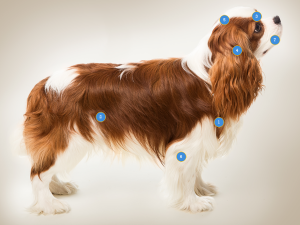
1. Heart Problems
Along with all dog breeds, Cavaliers can be subject to rare congenital conditions including:
PDA (Patent ductus arterioles) or ‘hole in the heart’. A vet may hear a heart murmur during routine check-ups. Surgery will be needed to prevent heart failure.
Cavaliers are especially prone to Mitral Valve Disease. It’s often first noticed by vets as a heart murmur, caused by malformed valves between the heart’s chambers, meaning blood does not flow normally through the heart. The condition often worsens over time, leading to heart failure. A KC accredited breeder should be able to show records of the puppy’s parents’ and grandparents’ lifelong screening for MVD.
2. Birth defects in the Digestive System
PSS (Porto-systemic shunt). Part of the circulatory system does not develop normally, affecting the liver, digestion and normal growth. Puppies can fail to thrive, although sometimes this condition is only picked up at 1-2 years old. An affected puppy or dog may not want to eat, could vomit, have fits or collapse. Surgery can correct the problem successfully.
3. Eye, skin and teeth problems
Cavaliers can be prone to inherited eye conditions including cataracts, that can be screened for by breeders. Dogs that do develop age-related or inherited cataracts should be monitored; vision can be restored by specialist surgery.
Dry eye (Keratoconjunctivitis Sicca) can also occur as a result of a syndrome known as Dry Eye Curly Coat Syndrome’ (keratoconjunctivitis sicca and Ichthyosiform Dermatosis CKCSID). This causes all the hair and associated body parts to be abnormal. The coat is coarse and curly, eyelashes rigid, foot pads are thickened and can slough off causing lameness and infection. The skin is prone to infection and there is higher incidence of dental disease. This can be a significant welfare issue and sometimes leads to euthanasia.
4. Ear Problems
All breeds with hairy ears that lie downwards are more prone to wax, dirt and bacteria accumulating and possibly causing infection, so Cavaliers’ ears should be checked regularly and kept clean. The hair just inside the ear may need to be kept short to prevent clumping.
5. Brain Problems
Chiari malformation and Syringomyelia (CM/SM) is a very serious, painful condition where fluid-filled areas develop within the spinal cord near the brain. Often the first sign is dogs appearing to scratch at the air next to their ear, which may progress to circling, constant scratching and crying as well as seizures. It is most commonly seen in dogs with very rounded skulls that may be smaller than the brain and is also a problem for Cavaliers crossed with Chihuahuas and other domed or round-headed breeds. There is a British Veterinary Association/Kennel Club screening programme in place for this.
6. Muscle Problems
Episodic Falling seems to be unique to this breed and can occur during or after being excited or exercising. The body goes rigid and the dog falls onto their side, usually recovering quickly. It is often mistaken for a fit or heart issue but appears to be a problem of muscle rigidity.
7. Separation Anxiety
Cavaliers are very eager to please and like to be with their people as much as possible, or all the time if they can! It’s important to take advice on training your dog to be left for short periods of time without them getting too anxious.
If you would like any more information on your Cavalier King Charles Spaniel or conditions they may have, please call one of our Registered Veterinary Nurses on the Scratch & Patch Careline.

Pet insurance for Cavalier King Charles Spaniels
When buying a Cavalier King Charles Spaniels it is important they are screened as a puppy. This can be done by your vet or breeder. This helps to ensure they have no underlying conditions you should be aware of.
Dog insurance can allay fears about your finances when you’re concentrated on your pet’s health. When it comes to insurance, it is better to insure your Cavalier King Charles Spaniels as a puppy. While you can find insurance for older dogs, starting earlier will mean the problems your Cavalier King Charles Spaniels may suffer from throughout their lifetime could be covered by the insurer.
Find out more about pet insurance for Cavalier King Charles Spaniels and get a quote today.
Cavalier King Charles Spaniel Insurance
Looking for insurance for your Cavalier King Charles Spaniels. Our 5* Defaqto rated cover is rated Excellent by our members on Trustpilot.


